Of note: The Belmont Report, which guides US-based human subjects research, emphasizes the ethical principles of respect for persons, beneficence, & justice. Justice is literally central to the ethical pursuit of human-subjects based science. Scientific research is *supposed* to benefit humanity.
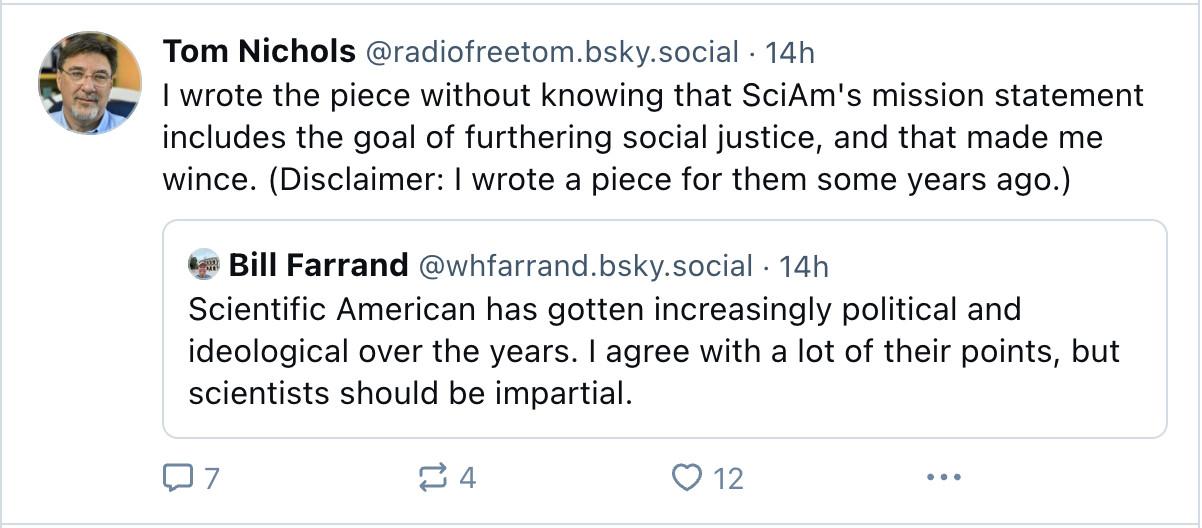
Is science political? Should scientists stay out of politics? I wrote about it for @sequencermag.bsky.social@laurahelmuth.bsky.socialwww.sequencermag.com/science-is-a...
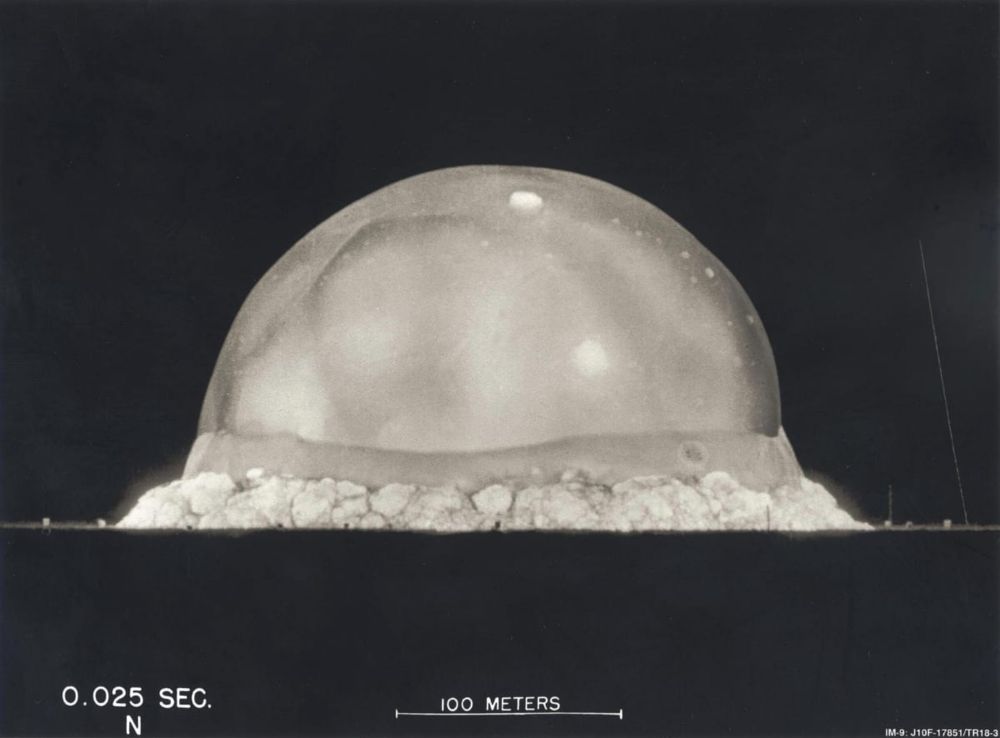
Whether Tom Nichols knows it or not
These people are so bizarre to me. Nichols ostensibly agrees that Trump is a threat to science and democracy, but then he dedicates an entire column to discrediting an institution standing up for these values. Is everyone supposed to just think that Trump is bad but not say anything?
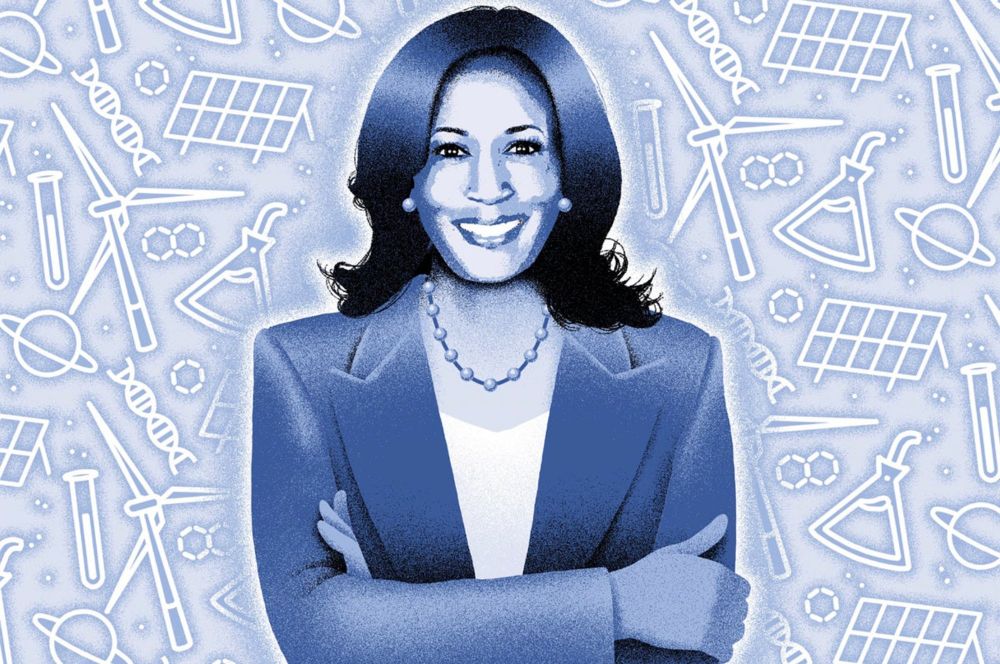
Kamala Harris has plans to improve health, boost the economy and mitigate climate change. Donald Trump has threats and a dangerous record
60% of this magazine's output now is just variations on "To be fair, the premise of my article is false..." www.theatlantic.com/newsletters/...
When I say this is Hitler level shit I am fully aware of what I am saying and am saying it very mindfully and deliberately www.reddit.com/r/Trumpvirus...
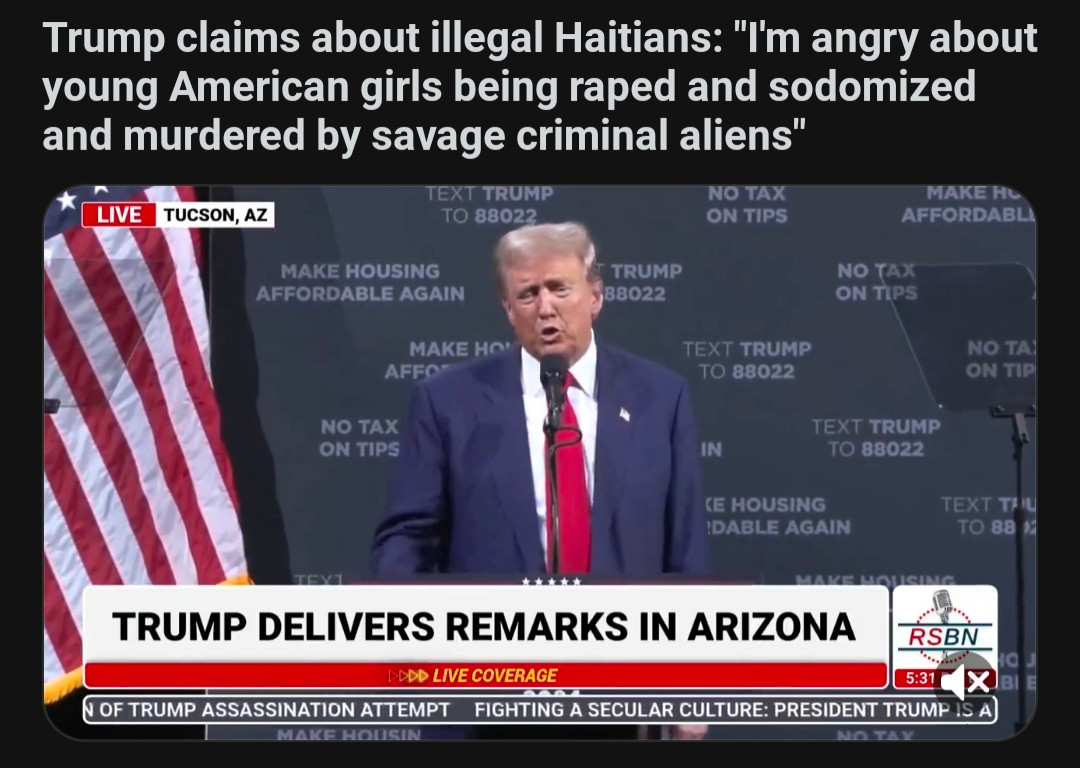
rapid reaction blogpost here: deevybee.blogspot.com/2024/09/prod...
this is pretty amazing: @lucinauddin.bsky.socialwww.lieffcabraser.com/antitrust/ac... summary of the case:
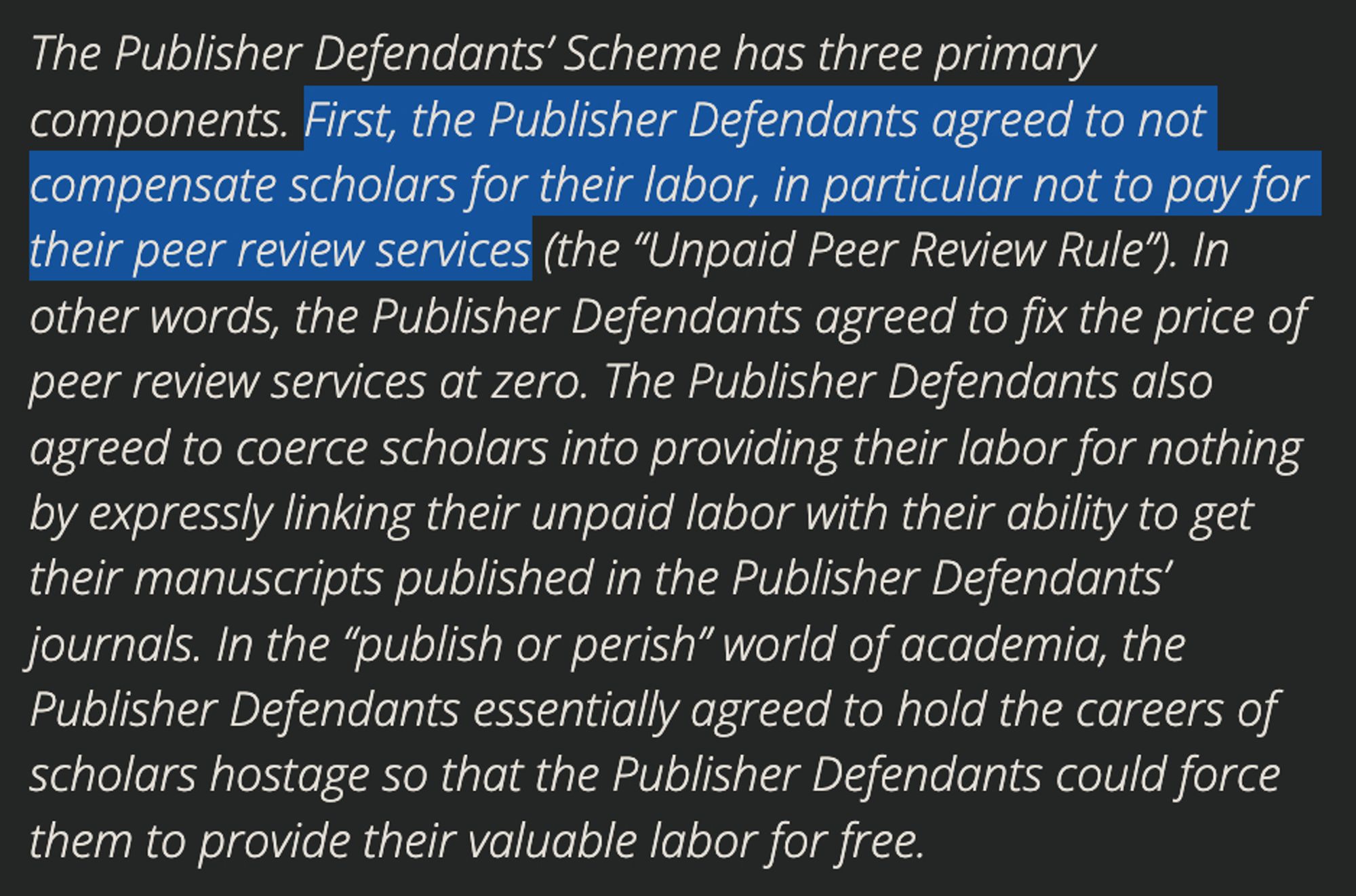
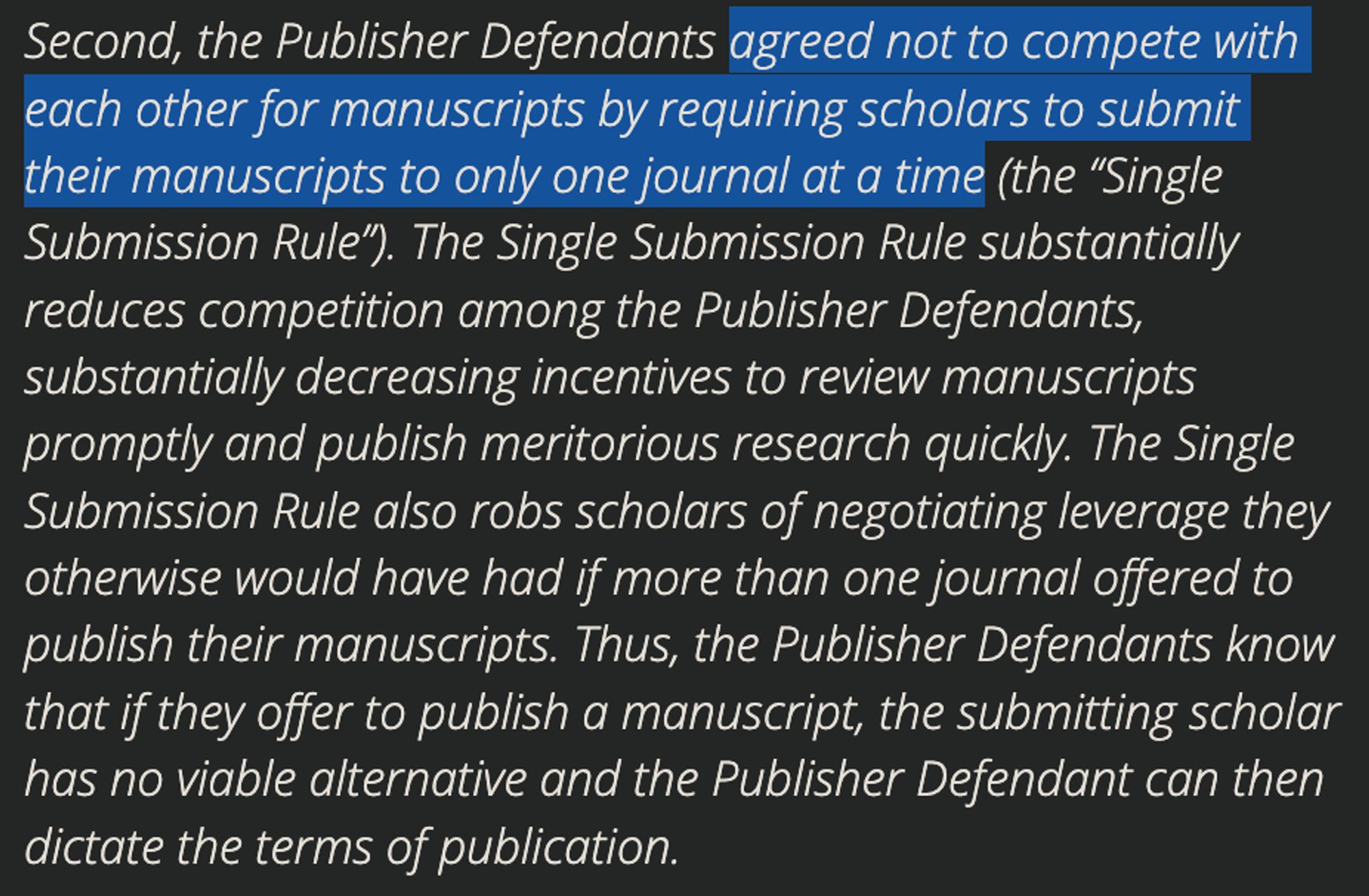
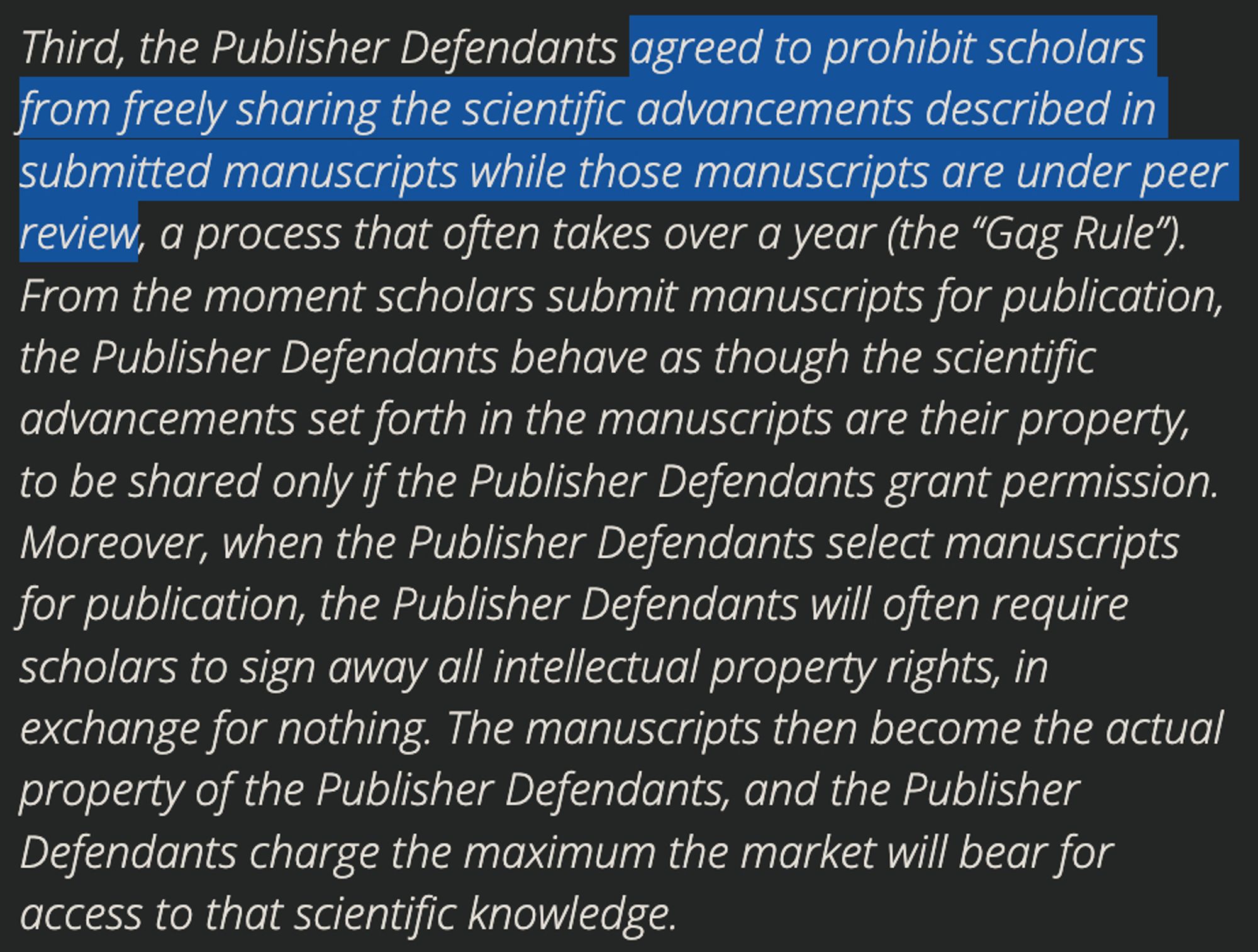
A very short blog post reflecting on an experience I've had several times lately: where students show up with a fully-formed solution to a problem I thought was still too difficult for them. #machinelearning#AI

Like the internet or a magical sidekick, chatbots are reorganizing knowledge to be more interactive and more accessible.
OH: "I don't usually go for political yard signs, but I would totally put a Kama-llama in my yard if they made one"
if it matters whether the response an LLM gives you is correct, and you don't know enough to verify the correctness or fix any mistakes, you should not be using an LLM for that problem...